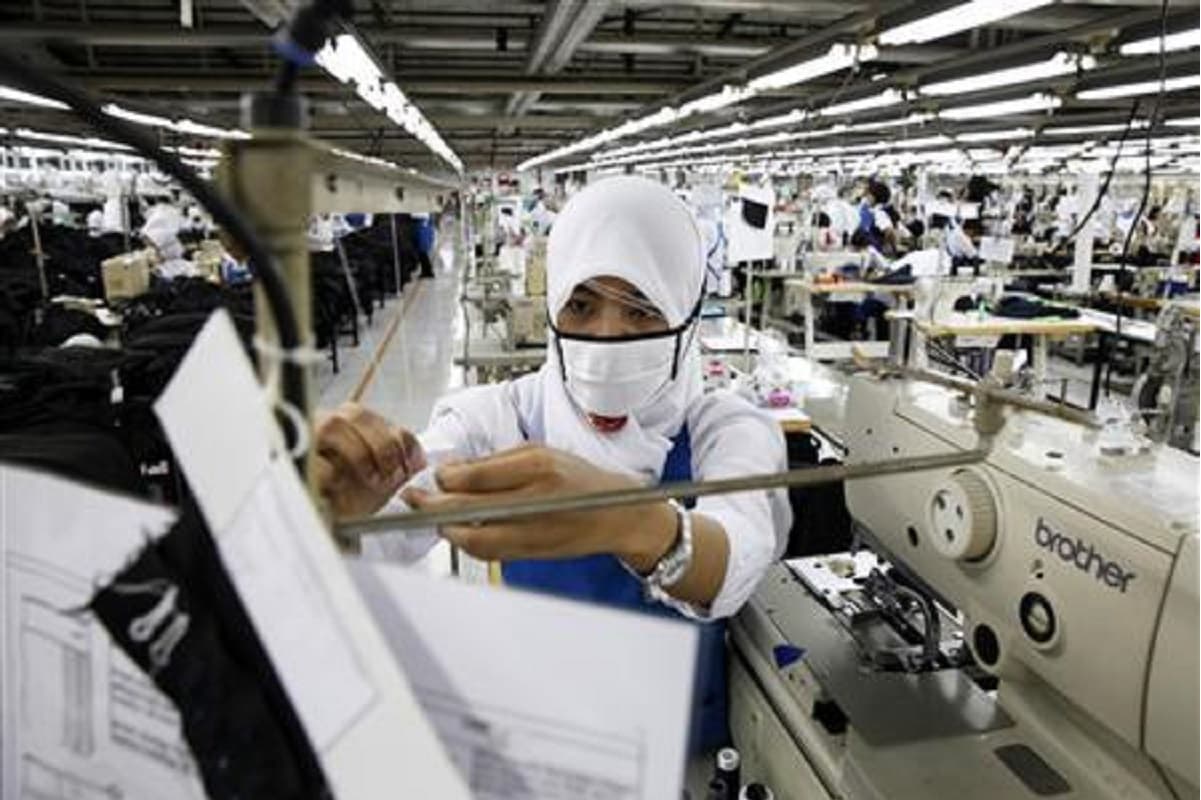
KUALA LUMPUR (Oct 1): Manufacturing conditions across Asean stabilised in September following a three-month-long downturn, according to the latest IHS Markit Purchasing Managers’ Index (PMI) data.
Following marked decreases in August, both output and new orders declined at noticeably slower rates, with the latter broadly stable in September as the respective seasonally adjusted index posted only just below the neutral 50.0 level. A reading above 50 indicates an expansion of the manufacturing sector.
"The headline PMI registered on the 50.0 mark separated expansion from contraction during September, rising from August's 14-month low of 44.5. This signalled no change in manufacturing conditions on the month, thereby ending a three-month sequence of deterioration," said IHS Markit.
At 46.3, the average reading over the third quarter was the lowest since the second quarter of 2020 and second-lowest on record.
In a statement on Friday, IHS Markit economist Lewis Cooper said the output decline was only fractional, with new orders broadly unchanged in the month.
“The slightly improved performance was aided by a return to growth for three of the seven constituent manufacturing sectors — Singapore, Indonesia and the Philippines — with the rates of deterioration easing in the remaining nations, with the exception of Vietnam,” he said.
Three of the seven constituent Asean nations recorded improvements in the health of their respective manufacturing sectors during September, with the strongest upturn seen in Singapore, where its headline PMI rebounded from 44.3 in August to 53.4 in September, signalling a solid rate of expansion.
This was followed closely by Indonesia, which registered the first improvement in the health of the goods producing sector since June. The headline index (52.2) was indicative of a moderate improvement in overall conditions.
The only other constituent nation to see improvement in the health of its manufacturing sector was the Philippines. Its PMI (50.9) returned to expansionary territory following a solid contraction in August, with the rate of growth the fastest since March, but only charted marginally overall. Elsewhere, Thailand registered a further deterioration in manufacturing conditions in September amid weak client demand despite an upturn in output amid the slightly improved pandemic situation.
That said, the headline index (48.9) recorded the slowest rate of contraction for three months.
Similarly, in Malaysia, the rate of contraction eased to the slowest in the current four-month sequence of deterioration (PMI: 48.1) in September. Myanmar, too, saw a slower rate of decline during September, although at 41.1, the PMI was still indicative of a rapid deterioration in manufacturing conditions.
Finally, a fourth successive monthly contraction was recorded in Vietnam in September amid continuing pandemic impact and subsequent containment measures.
The PMI was unchanged from August's reading of 40.2, and signalled the joint-second quickest deterioration in the health of the sector since the survey began in March 2011.
Output continued to fall fractionally in September amid new orders stabilising but failing to return to growth.
As a result, job shedding continued for the 28th month running, with the rate of decline in employment remaining sharp. This was despite a record increase in backlogs of work. Meanwhile, supply disruption continued with average lead times for inputs lengthening again and causing slightly more severe delays than in August.
Inflationary pressures in Asean also intensified in September, with cost burdens rising most rapidly since November 2013, with goods producers subsequently raising their average charges at the strongest pace in over seven years.
"Overall, the manufacturing sector remained on an uneven footing in September. Inflationary pressures added to downside risks, with the latest data highlighting the steepest increase in cost burdens for nearly eight years. Covid-19 restrictions and rising cases in parts of the region continue to adversely impact goods producers, and until this subsides, it's unlikely we will see a meaningful return to growth for the manufacturing sector,” Cooper said.

